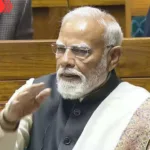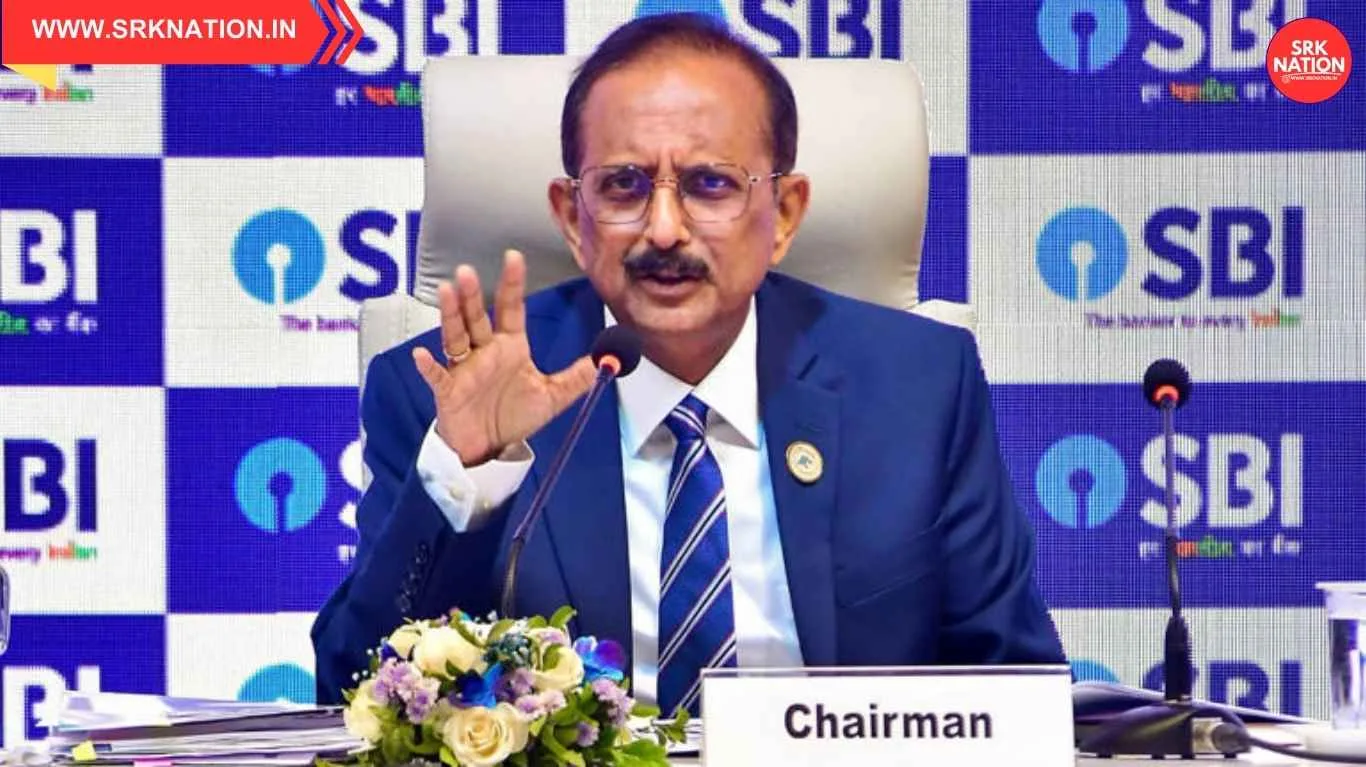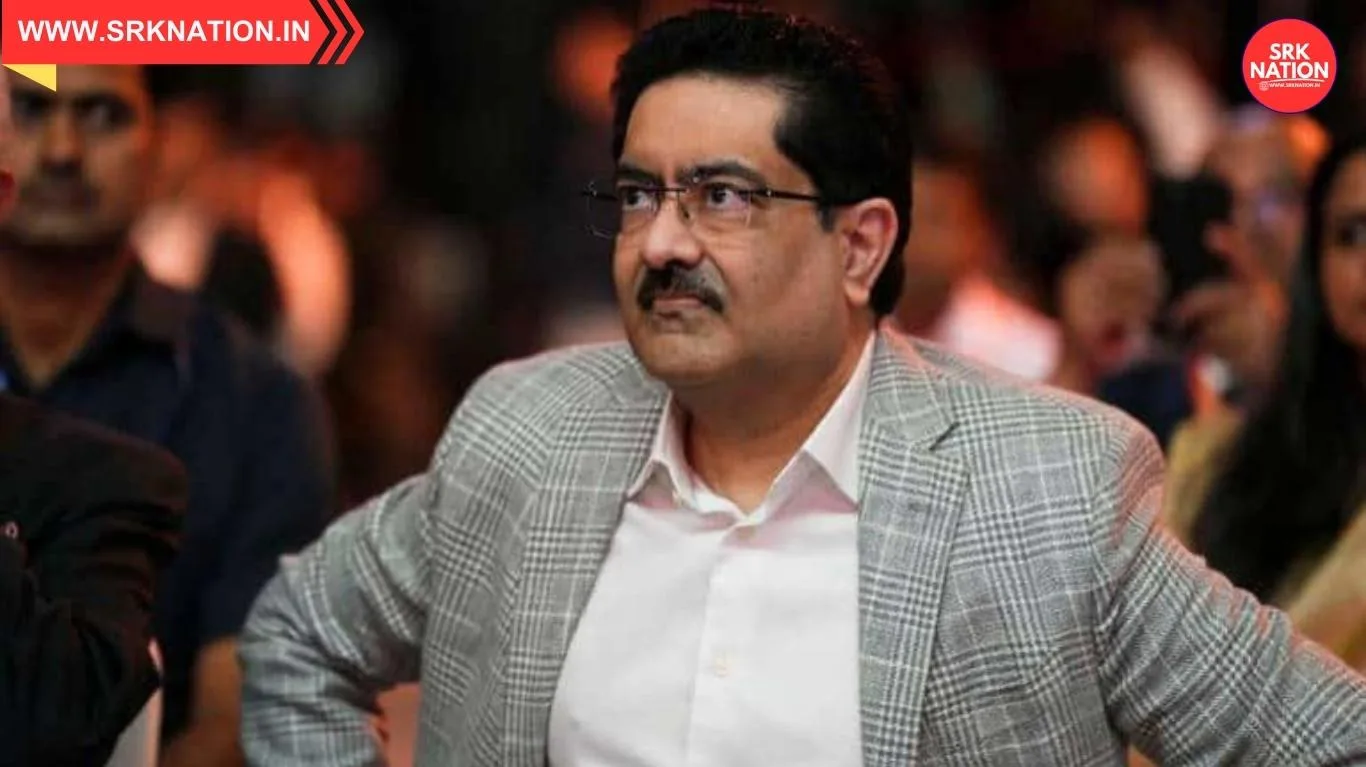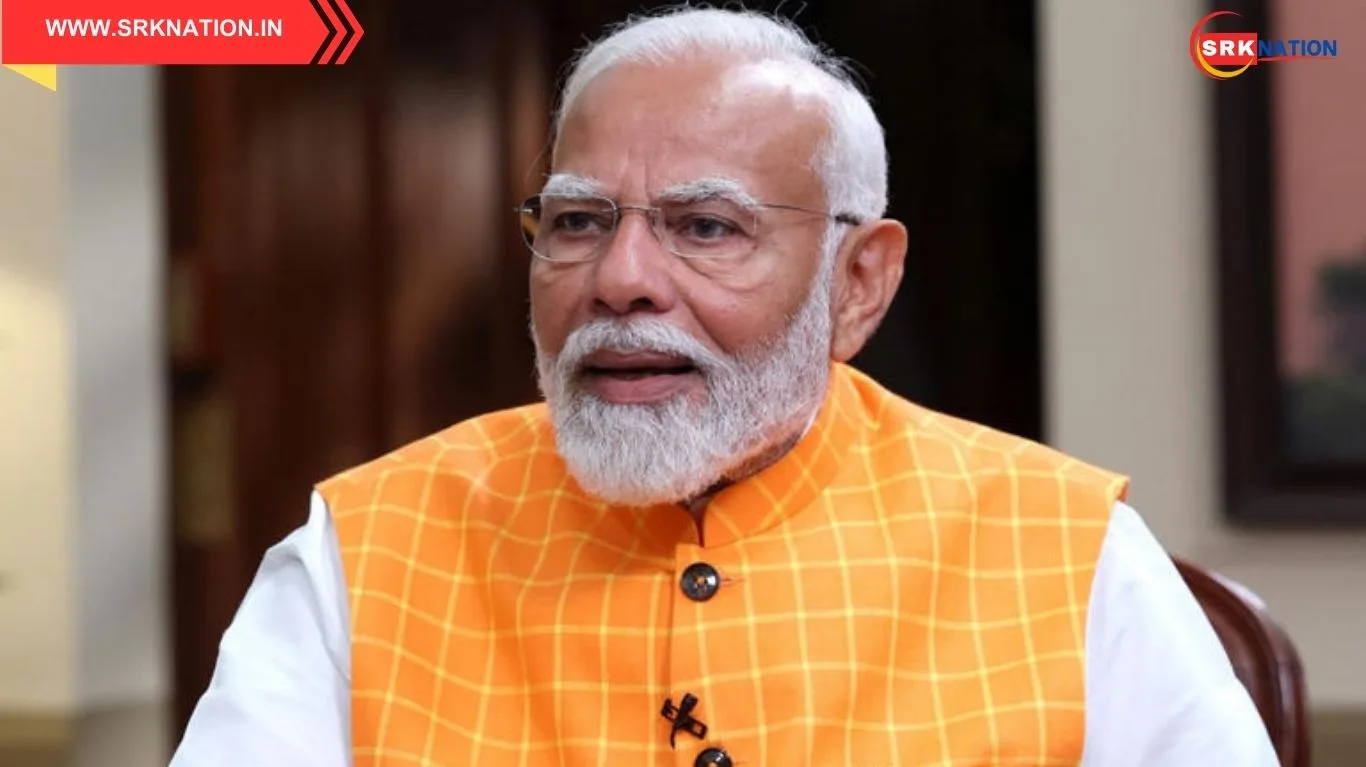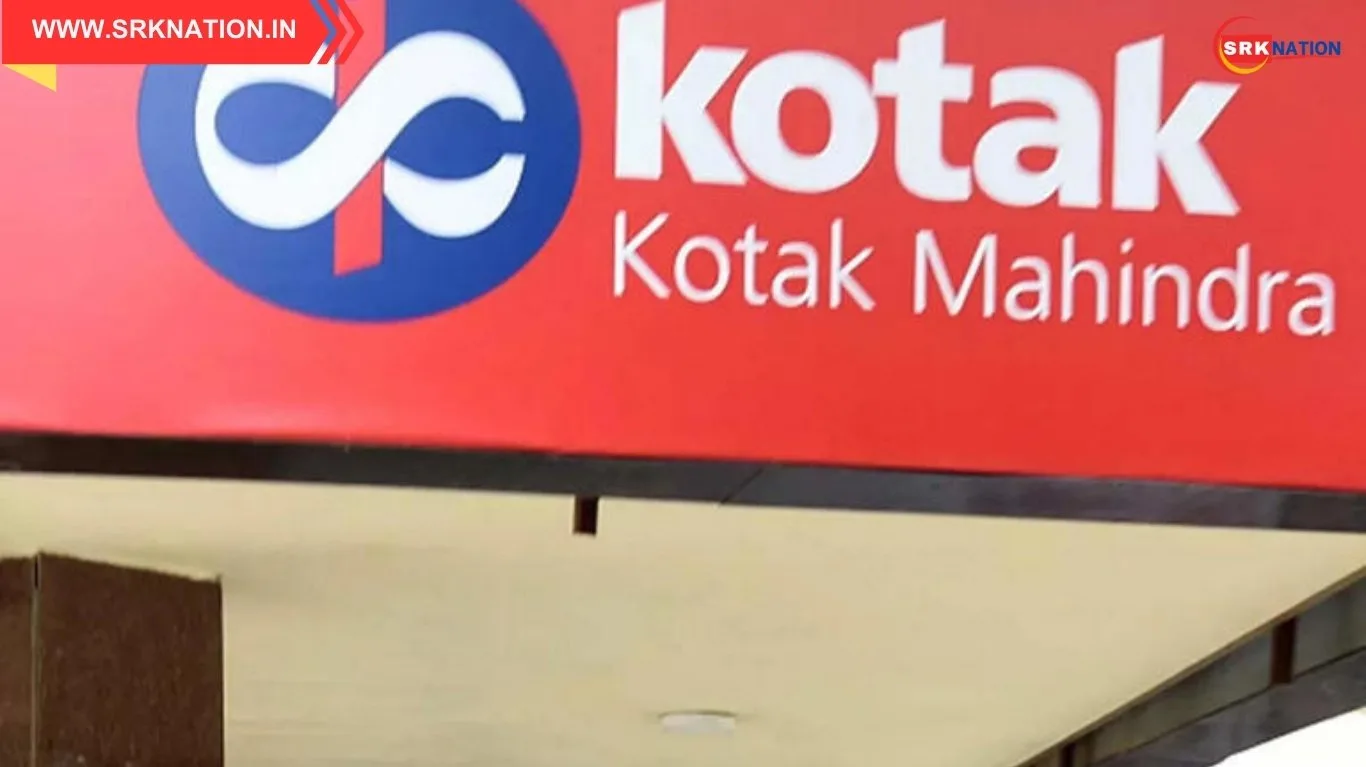New Delhi: In a significant development, India’s tax authorities have issued a $601 million (₹5,156 crore) tax demand against South Korean electronics giant Samsung for alleged tariff evasion on telecom equipment imports. This marks one of the largest tax demands in recent years, highlighting India’s intensified scrutiny of foreign companies operating in the country.
The dispute centers around the import of “Remote Radio Heads,” a critical component used in 4G telecom systems. Tax officials allege that Samsung misclassified these components to evade tariffs of 10% to 20%, resulting in unpaid taxes amounting to ₹4,461 crore ($520 million). Additionally, a 100% penalty has been imposed, bringing the total demand to $601 million. Seven senior executives of Samsung India, including Vice President Sung Beam Hong and CFO Dong Won Chu, face individual penalties totaling $81 million.
The investigation, which began in 2021, involved searches at Samsung’s offices in Mumbai and Gurugram, where documents and electronic devices were seized. Customs authorities accused Samsung of “knowingly and intentionally presenting false documents” to evade duties, a claim the company has denied. In a statement, Samsung asserted that the issue pertains to the interpretation of customs classifications and emphasized its compliance with Indian laws. The company is reportedly exploring legal options to contest the demand.
The components in question were imported from South Korea and Vietnam between 2018 and 2021 and supplied to Reliance Jio, owned by billionaire Mukesh Ambani. Tax officials argue that the components qualify as transceivers and are subject to tariffs, a classification Samsung disputes.
This case underscores India’s growing vigilance over foreign companies’ compliance with tax regulations. Similar disputes have involved other multinational corporations, raising concerns among foreign investors about India’s regulatory environment.
As Samsung prepares to challenge the tax demand in tribunals or courts, the outcome of this case could have far-reaching implications for the company’s operations in India and the broader business community.





